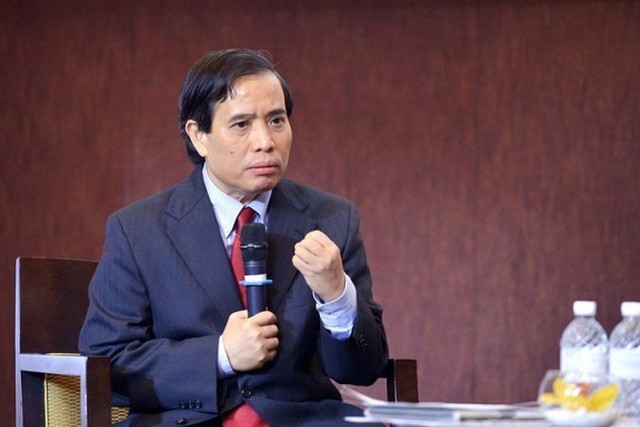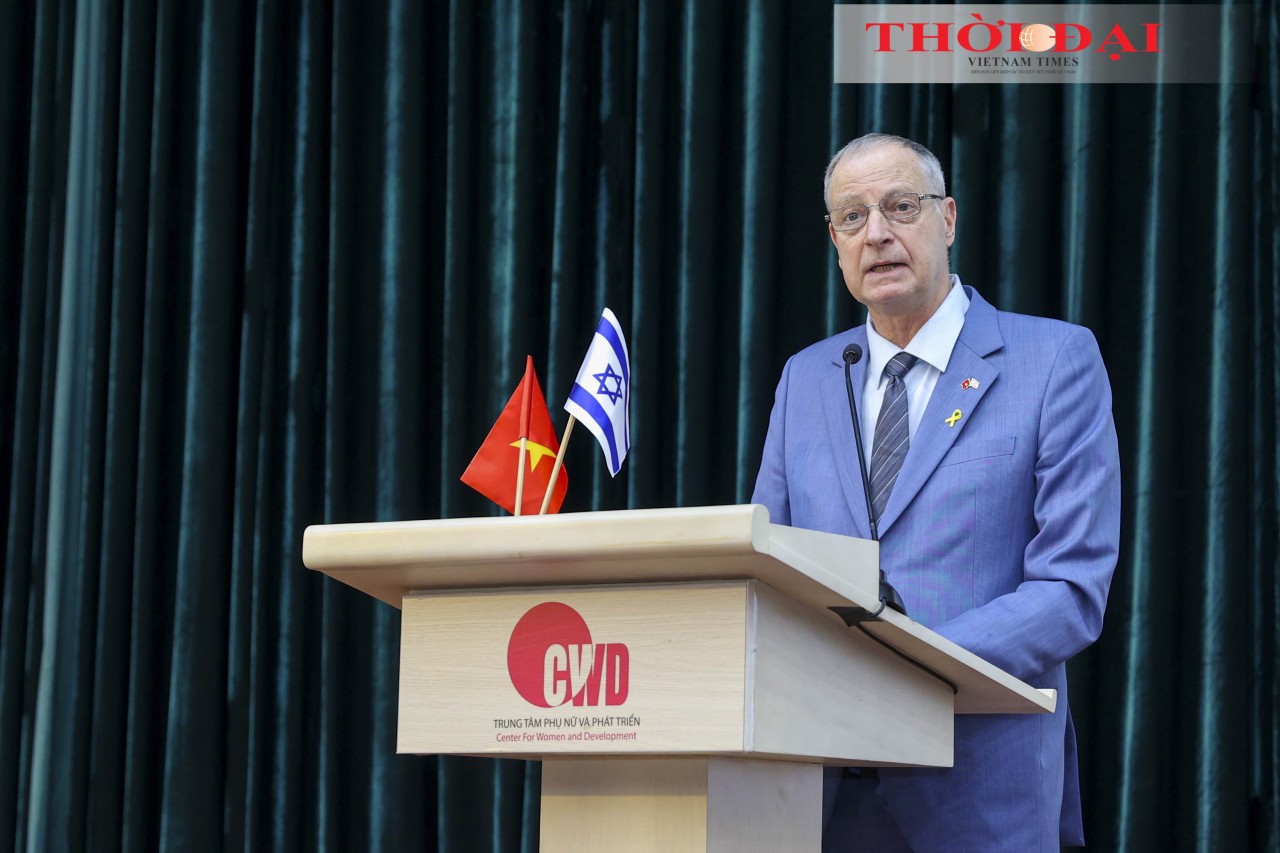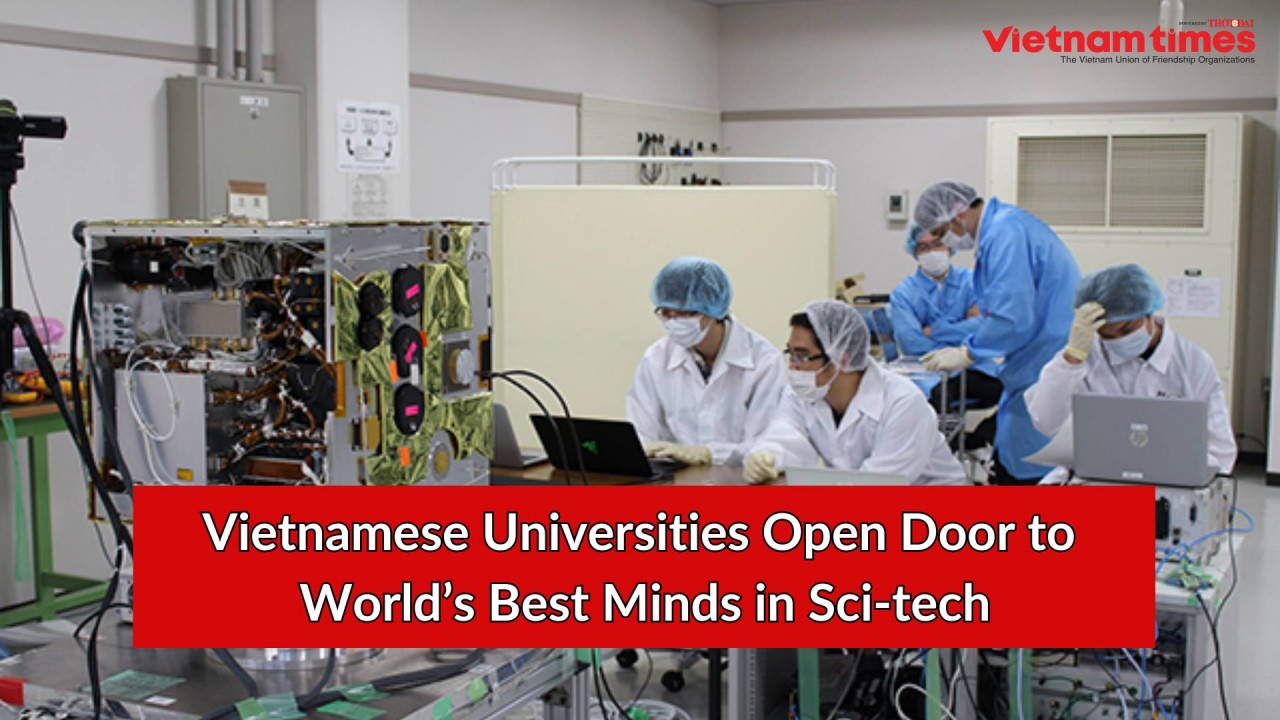Resolution 57: Key to Vietnam’s Breakthrough Development
| Resolution 57-NQ/TW: Transformative Policies to Empower Scientists and Drive Innovation | |
| Vietnam Actively Promotes Peaceful Resolutions of Territorial Disputes |
Resolution 57 sets the target that by 2030, Vietnam will allocate 2% of its GDP to research and development (R&D) and at least 3% of the annual state budget to science, technology, innovation, and national digital transformation, with a gradual increase based on developmental needs.
Vietnam aims to rank among the top three countries in Southeast Asia and the top 50 worldwide in the digital competitiveness and e-government development index.
The country also aspires to be among the top three in Southeast Asia in artificial intelligence (AI) research and development and a key hub for digital technology industries where Vietnam holds competitive advantages. Additionally, at least five Vietnamese digital technology enterprises should reach international standards.
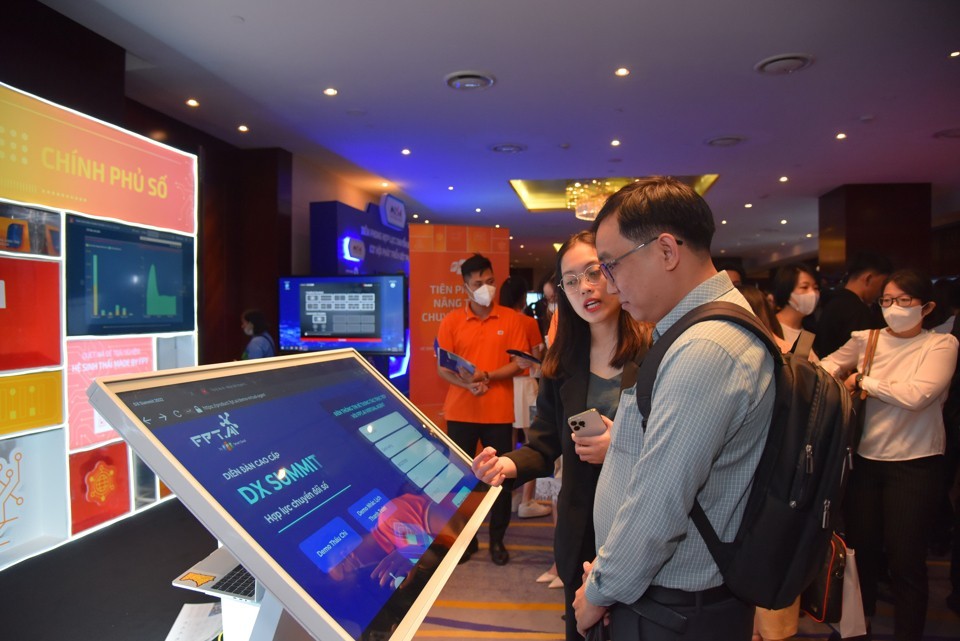 |
| Customers visit businesses' digital products in Hanoi. (Photo: Economic & Urban Newspaper) |
Vietnam’s digital infrastructure is expected to be advanced, modern, and on par with leading nations, featuring ultra-high capacity and ultra-broad bandwidth. The country aims to master several strategic and digital technologies, including AI, the Internet of Things (IoT), big data, cloud computing, blockchain, semiconductors, quantum technology, nanotechnology, 5G and 6G mobile communication, satellite communication, and other emerging technologies, with nationwide 5G coverage.
Vietnam also plans to complete the construction of smart cities in centrally governed cities and select provinces and cities that meet the required conditions. Furthermore, the country aims to attract at least three leading global technology corporations to establish headquarters and invest in research, production, and development in Vietnam.
To realize these objectives, Resolution 57 outlines seven key tasks and solutions, including:
First, establishing strong political determination and decisive leadership to create new momentum and enthusiasm for developing science, technology, innovation, and digital transformation.
Second, urgently completing legal frameworks and removing barriers and systemic obstacles that hinder development, giving institutions a competitive advantage in scientific and technological progress.
Third, strengthening investment in infrastructure for science, technology, innovation, and national digital transformation.
Fourth, developing and prioritizing high-quality human resources and talents to meet the demands of scientific and technological advancements.
Fifth, promoting digital transformation and the application of science, technology, and innovation in political and administrative activities to enhance national governance and public administration efficiency, ensuring national security and defense.
Sixth, encouraging businesses to embrace digital transformation and innovation.
Seventh, expanding global collaboration in science, technology, innovation, and digital transformation.
Five Breakthrough Aspects of Resolution 57
According to Dr. Nguyen Quan, former Minister of Science and Technology and President of the Vietnam Automation Association, Resolution 57 introduces five key breakthroughs:
First, the Party has set ambitious targets for 2030 and 2045 to transform Vietnam into a high-income, developed country.
Second, the resolution emphasizes a substantial increase in funding for scientific research, technological advancement, and digital transformation.
Third, the resolution proposes a breakthrough approach in allocating state funds for R&D, prioritizing funding through development science and technology funds.
Fourth, the resolution recognizes the need to embrace risks, venture investments, and the inherent time lag in scientific research and technological development.
Fifth, practical implementation measures. For the first time, the Central Steering Committee for Science and Technology Development and Digital Transformation is directly led by the Party chief. Additionally, an advisory council, consisting of experienced policymakers and leading scientists, will support the execution process. This approach addresses previous shortcomings where steering committees often comprised only government representatives, limiting their authority and effectiveness.
Developing high-quality human resources
Resolution 57 identifies scientists as the “key factor” in development and outlines strategies to attract, retain, and empower top scientists, experts, and leading engineers, both domestically and internationally.
Dr. Nguyen Quan emphasized that to make scientists a true driving force, Vietnam must introduce more effective policies to support and incentivize them.
"Resolution 57 presents several crucial solutions, but the Steering Committee must ensure a holistic approach that goes beyond salary and income policies. More importantly, it is necessary to create an enabling environment for scientific work and innovation. This includes placing trust in scientists, assigning them major projects, investing in facilities, facilitating international cooperation, and granting them greater autonomy in financial management, organization, and personnel; and even establishing and operating science and technology enterprises based on their research outcomes to foster strong research and application teams. To achieve this, we need to review and amend a range of laws, including the Law on Science and Technology, the State Budget Law, the Law on Management and Use of Public Assets, the Law on Public Employees, and relevant tax laws, to introduce truly breakthrough policies that support scientists," he suggested.
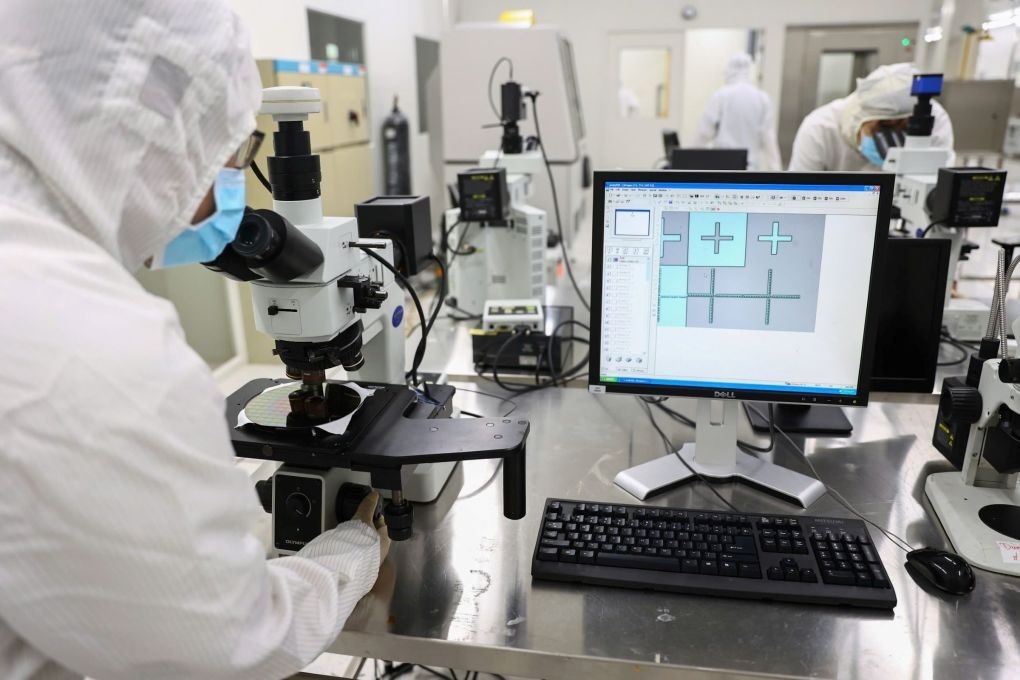 |
| Scientific research at the Research and Development Center, Ho Chi Minh City High-Tech Park, December 2024. (Photo: VnExpress) |
At the National Conference on Breakthroughs in Science, Technology, Innovation, and National Digital Transformation in January 2025, Tran Tue Tri, a Vietnamese expatriate in Singapore, highlighted that the Vietnamese Party and State leadership have sent a clear message of commitment by setting ambitious goals and solutions centered on institutional development, human resource growth, and prioritizing scientists. This, she stated, is the key to Vietnam’s transformative progress.
Sharing Singapore’s experience, she emphasized that all scientifically and technologically advanced nations have robust education systems. “Human capital is a critical foundation. The challenge is how to attract top talent,” she said.
"We need to develop plans for training, retaining, and attracting high-quality human resources, from Vietnamese professionals within the country and abroad to international experts. This includes partnerships with world-leading universities in science and technology to establish research and training centers in Vietnam,” she proposed.
Dr. Bui Hai Hung, a Vietnamese expatriate in the United States, Director of VinAI Research, and former senior researcher at Google DeepMind, underscored the crucial role of high-quality human resources in scientific and technological advancement.
He noted that compared to other regional countries, Vietnam’s main advantage in this field lies in its people, its abundant, well-educated workforce with strong STEAM capabilities, and rapid adaptability, including in research.
To foster this talent pool, Dr. Bui Hai Hung proposed early-stage investment in education and training, the modernization of Vietnam’s top universities to rank among the leading institutions in Southeast Asia, and the introduction of special mechanisms to attract both overseas Vietnamese and international experts to work and live in Vietnam.
"With clear objectives, innovative approaches, and strong determination, Resolution 57-NQ/TW has the potential to eliminate obstacles, dismantle barriers, and unlock Vietnam’s full potential for breakthroughs in science, technology, innovation, and digital transformation, laying the foundation for the country’s robust development in the new era," said Dr. Hung.
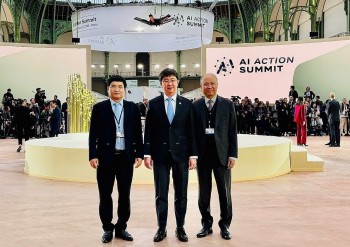 | Vietnam Participation in Paris AI Summit Affirms Its Role in the Int'l AI Community From February 10-13, 2025, Deputy Minister of Information and Communications Bui Hoang Phuong led the Vietnamese delegation to attend the AI Action Summit in Paris, ... |
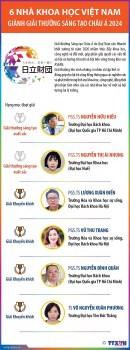 | 6 Vietnamese Scientists Win Asian Innovation Award 2024 Among the 15 scientists winning the 2024 Asian Innovation Award, there are 6 Vietnamese scientists. |
Recommended
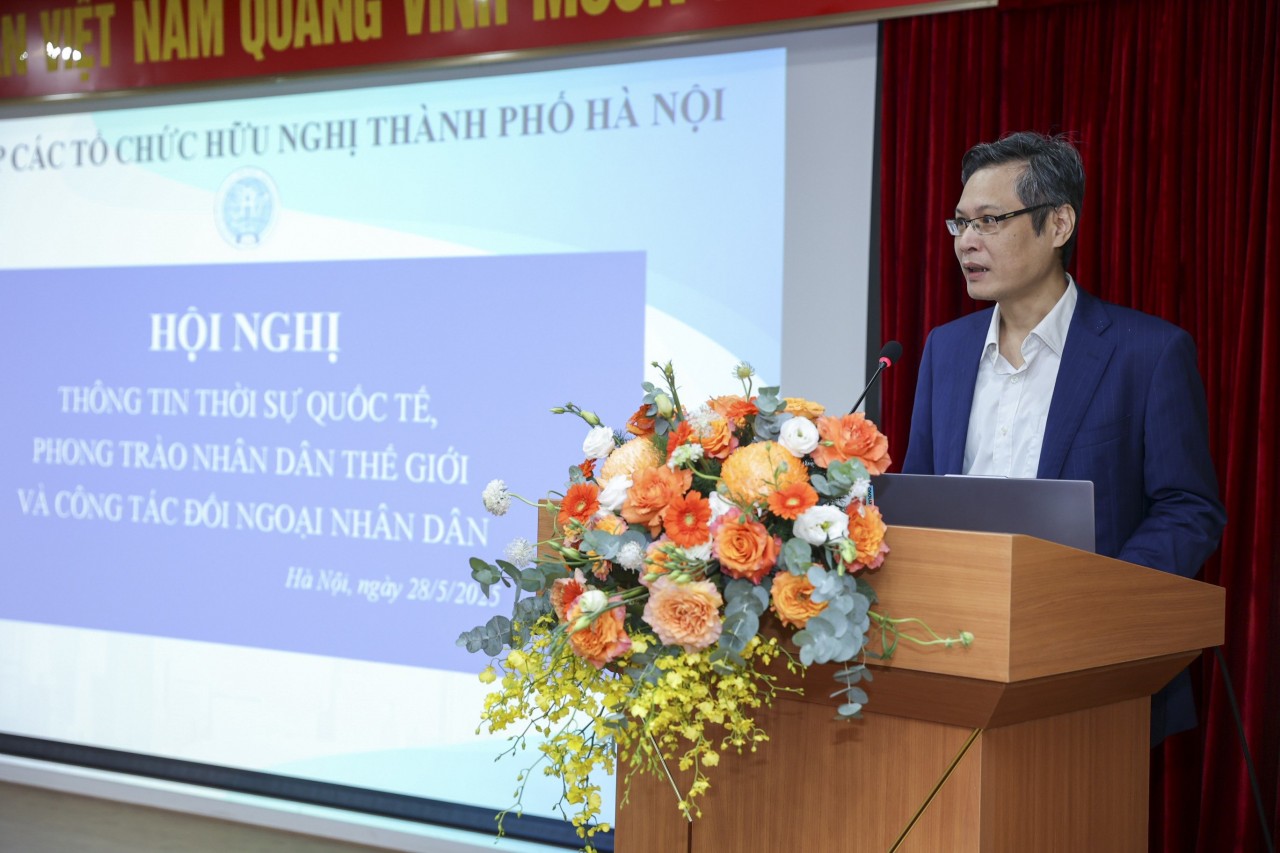 Viet's Home
Viet's Home
HAUFO Enhances Competence of People-to-People Diplomacy Personnel
 Viet's Home
Viet's Home
Hands that Reserve Da Long Brocade Craft
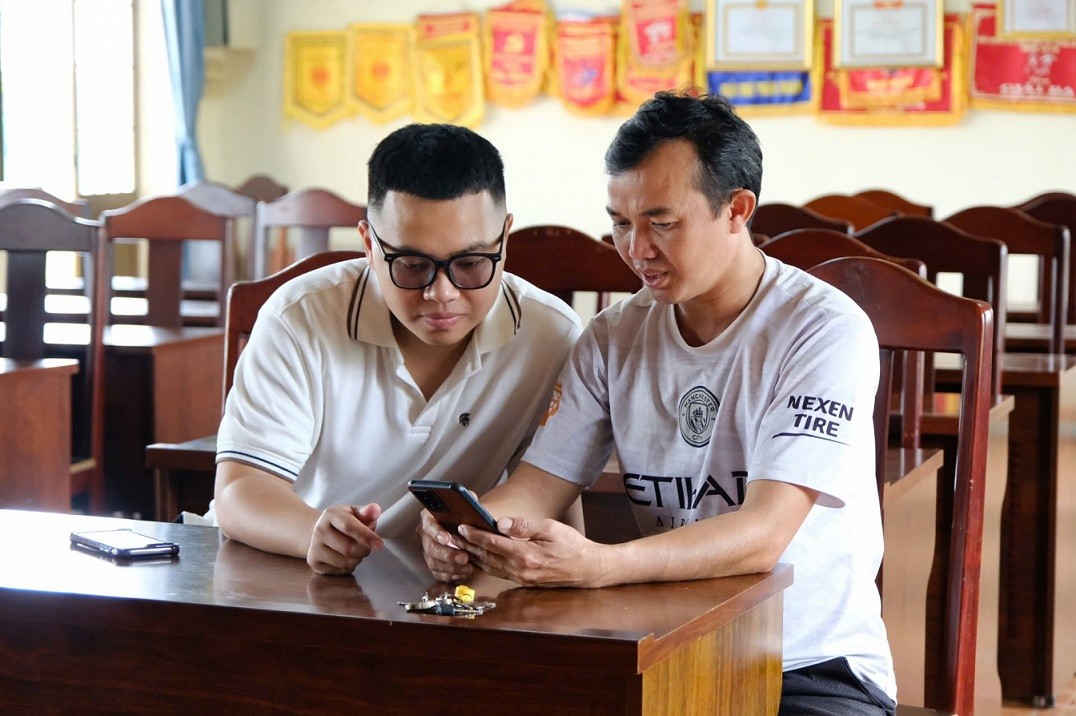 Viet's Home
Viet's Home
Da Rsal – How Digital Transformation Reshape a Poor Commune
 Viet's Home
Viet's Home
Vietnam Classified as “Low Risk” Under the EU Anti-Deforestation Regulation
Popular article
 Viet's Home
Viet's Home
Vietnamese Architect Wins the Diversity in Architecture Award 2025
 Viet's Home
Viet's Home
Vietnamese Photographer Triumph in Global Food Photography Contest
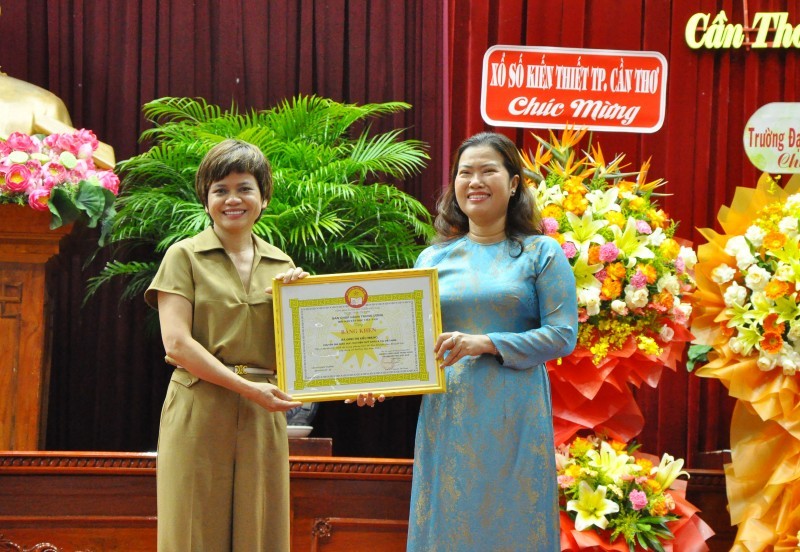 Viet's Home
Viet's Home
The Asia Foundation Awards 101 Scholarships to Can Tho Female Students
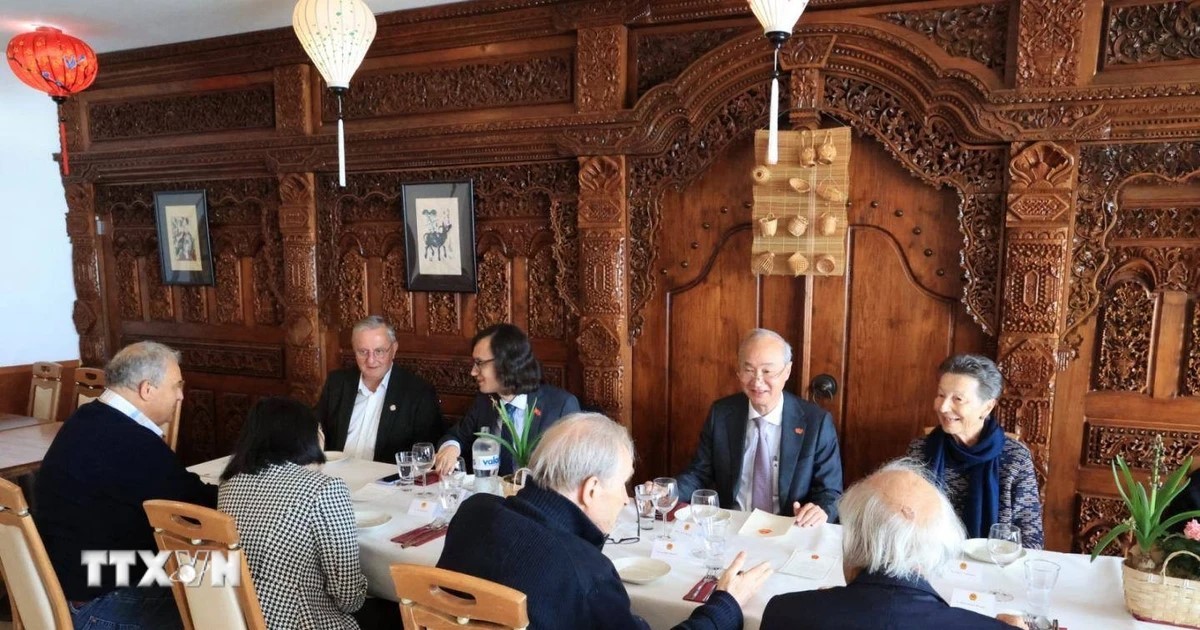 Viet's Home
Viet's Home




